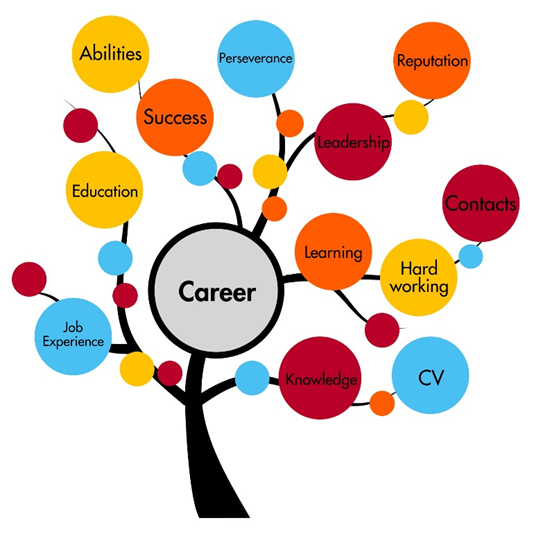If you’re interested in careers education, information, advice, and guidance (IAG) in education, you’ve come to the right place. There is a huge amount of information out there, but a lack of research makes it difficult to make solid claims about the benefits of different forms of IAG. But there is some good news. Several recent studies have provided some useful insight into the role of IAG in education, and these findings are worth taking into account.
Information, advice and guidance (IAG)
The delivery of comprehensive IAG will complement the mainstream curriculum, complementing the learning process and supporting the student’s ongoing decision-making. It must be unbiased, up-to-date, and relevant, and be delivered by qualified personnel. In addition, IAG should be informed by employers’ knowledge and other relevant factors impacting on the labour market. The role of information, advice and guidance (IAG) in education is critical in rebalancing the economy.
IAG is a broad term that refers to all forms of advice and information, which is used to inform learners about various aspects of higher education. This form of advice is primarily factual and differs from approaches that aim to influence aspirations and foster a sense of belonging in higher education (HE). While light-touch forms of IAG may produce limited improvements in attitudes and participation in HE, the provision of financial information has mixed results.
Careers education
In addition to offering a range of career pathways and courses, the careers education department also offers a library for students. In the library, students can access relevant software packages, explore course options, and gain practical guidance. The library is open throughout the day, and staff members are available to support students. The Careers Leader is also available to answer questions about career options, courses, and other school matters. You can contact them via the school switchboard or the Admin email address.
The careers team works closely with the Special Educational Needs and Disability team, and is responsible for tailoring IAG services to meet student needs. All careers advisors have to undergo regular professional development and are required to keep up to date with local market intelligence. It is crucial that staff are trained to provide accurate and relevant advice to students and to keep up to date with changes in the careers landscape. The careers team also works closely with the Additional Learning Support (ALS) and Special Educational Needs (SEN) teams, as well as providing tutorial provision. The careers team completes engagement plans with students prior to Business Planning, and the Senior Leadership Team reviews the policy every three years.
Careers guidance
Careers guidance is critical to young people’s future development. As resources become increasingly scarce in schools, teachers and administrators focus on areas of pupil development that are directly tied to accountability measures. In the end, this neglects other areas of development, including careers guidance. Good careers guidance will boost young people’s opportunities in life, but if provided poorly, it will have no impact. In addition, poor careers guidance is counterproductive to the Government’s aim of ensuring every child has access to a broad knowledge base.
Higher education is a crucial part of career guidance, especially as jobs can vary so widely. Despite the importance of careers guidance, the shortage of career guidance services has led to many insufficient careers education. The key elements of career guidance include the definition of experiences and skills that students will need for success after graduation. The provision of careers guidance is a crucial part of higher education and should be given a high priority. Further education should also include personalizing career lessons for students, allowing them to discover which courses are most relevant for their interests and needs.
Careers information
Careers information and advice (CEIAG) is the process of supporting learners in making decisions about their future career and gaining knowledge about the implications of these decisions on their life, learning and employment. IAG includes a range of activities across the client journey, including pre-entry course information, advice on post-16yrs pathways, on-course information, progression information and networking opportunities. The BSDC employs a qualified careers guidance officer based in the Learner Hub to support learners and external enquirers.
The National Careers Service website is an online resource for young people and will provide a single source of government-assured careers information. The website will also improve content on apprenticeships, applying for roles and the labour market. It will provide personalised advice and access to local and regional careers information services, and advice to specific groups and communities. This will help young people make informed choices and minimise costs. Further research is needed to understand the impact of careers information on young people’s lives.
Enterprise skills
Developing enterprise skills is essential for employability. The concepts of enterprise education provide students with a microcosmic view of business and its overarching model. The primary by-product of enterprise education is commercial awareness, which is increasingly essential for graduate employment. This article outlines some of the essential enterprise skills for education. Read on to discover what they are and how you can develop them. And learn how to improve your business and education by integrating these skills.
Building enterprise skills during school and actual enterprise engagement can have dramatic effects. According to FYA, the most significant barrier to obtaining full-time employment for young Australians is lack of work experience. Many students are brought up in replication bubbles, insulated from wider society. Developing enterprise skills during school can dramatically accelerate employment prospects and improve a student’s chances of a successful career. But how can students get these skills? Here are some practical examples.

